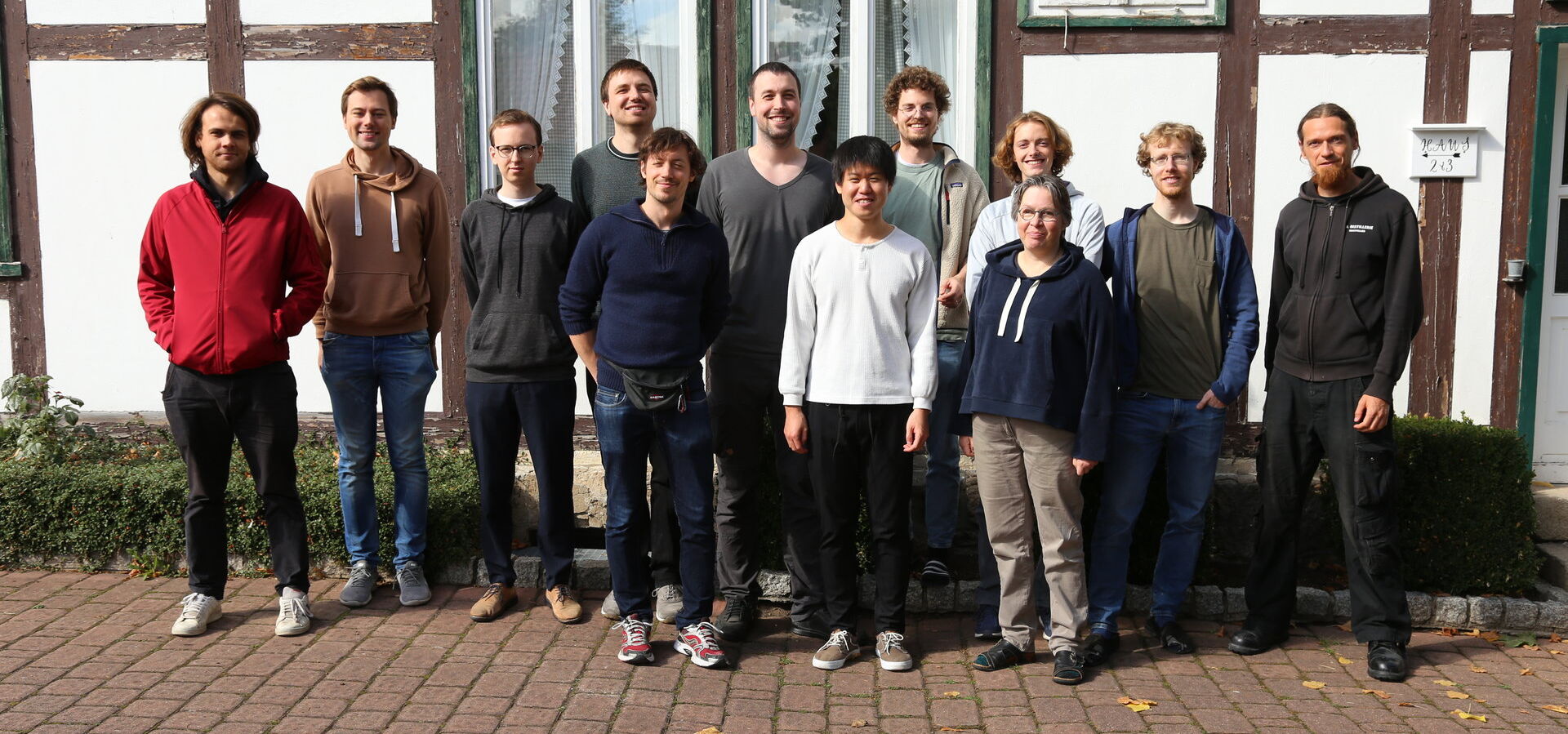Fachgebiet für Algorithmik und Komplexitätstheorie
Aktuelles
Kommende Veranstaltungen
Keine aktuellen Veranstaltungen gefunden.
Standort
Kontakt
| Gebäude | TEL |
|---|---|
| Raum | TEL 509 b |
| Adresse | Ernst-Reuter-Platz 7 10587 Berlin |
| Sprechzeiten | Mo + Do ab 10:00 Uhr, Di ab 12:00 Uhr im Büro, sonst per Email |

